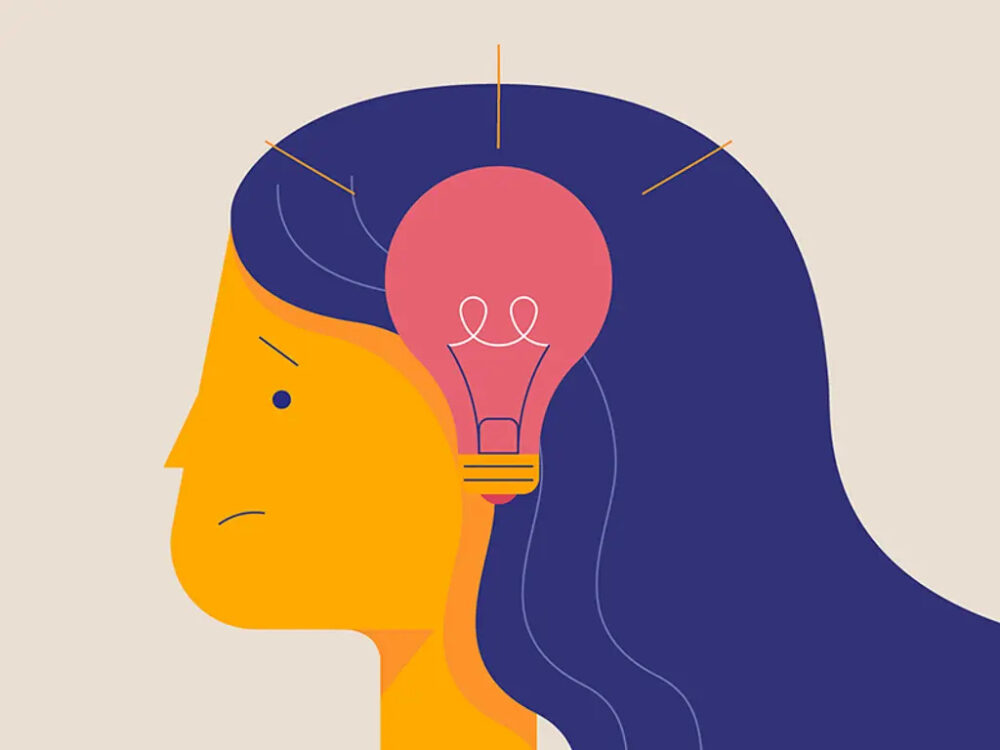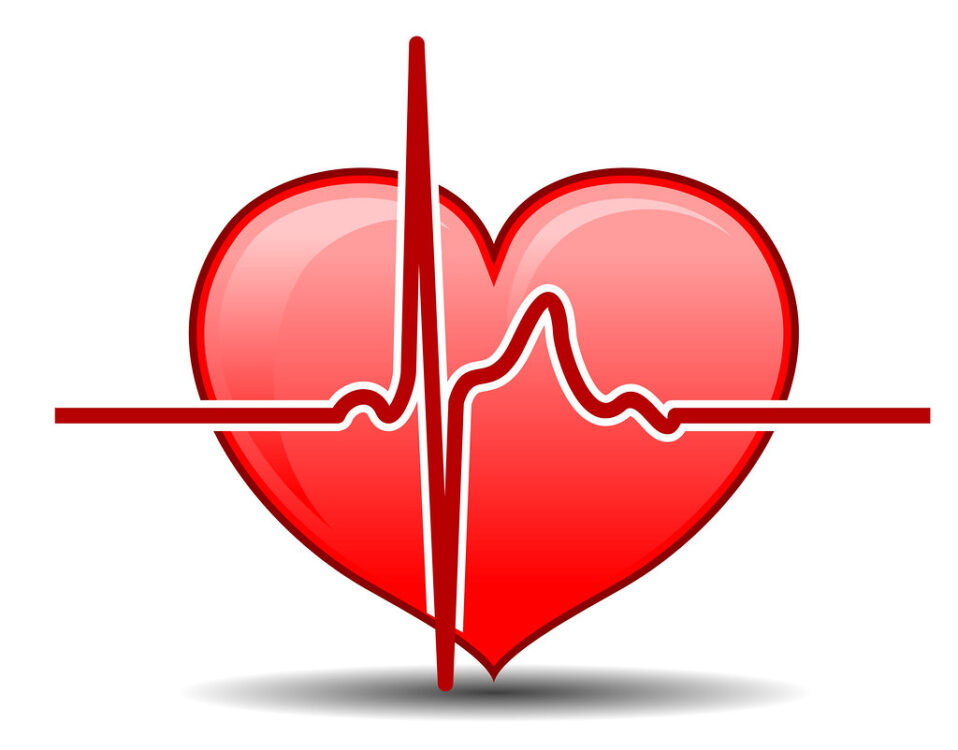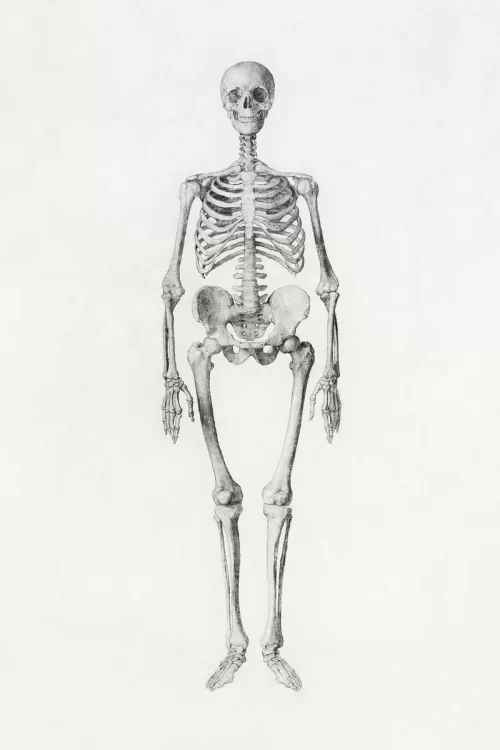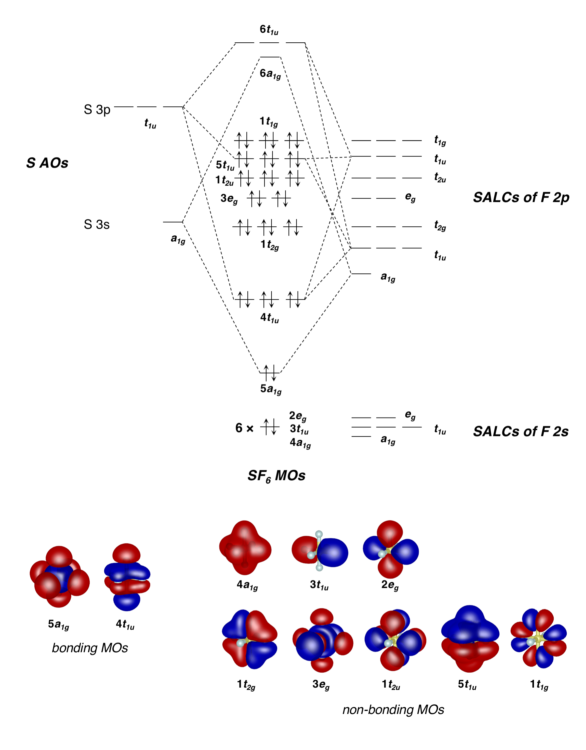Beyond relief: The neurobiology of MDMA therapy and its implications for mental health
Post-traumatic stress disorder (PTSD) is a debilitating mental health condition that has long eluded easy treatment solutions due to its common comorbidity with other behavioral health conditions such as depression, anxiety, and substance use disorders. However, a novel approach has emerged in recent years: MDMA-assisted therapy. This revolutionary treatment involves the controlled use of MDMA, […]
Beyond relief: The neurobiology of MDMA therapy and its implications for mental health Read More »








